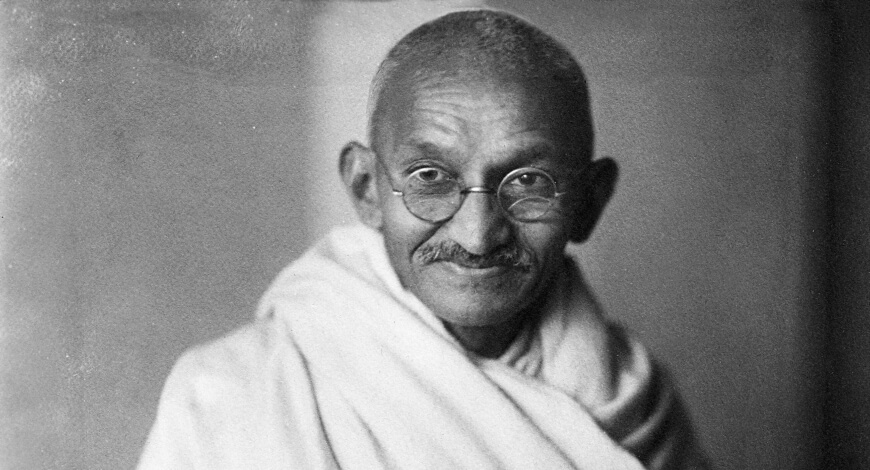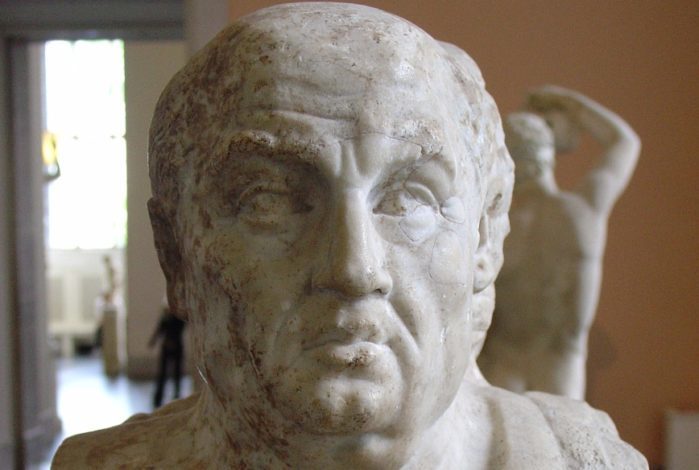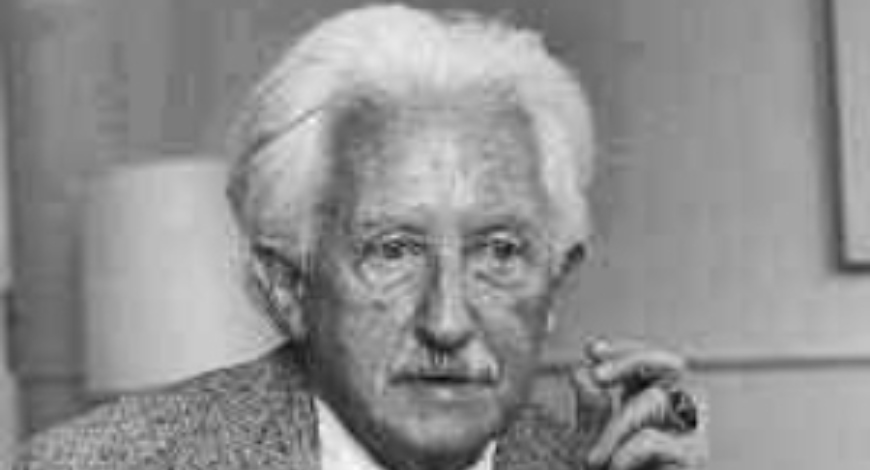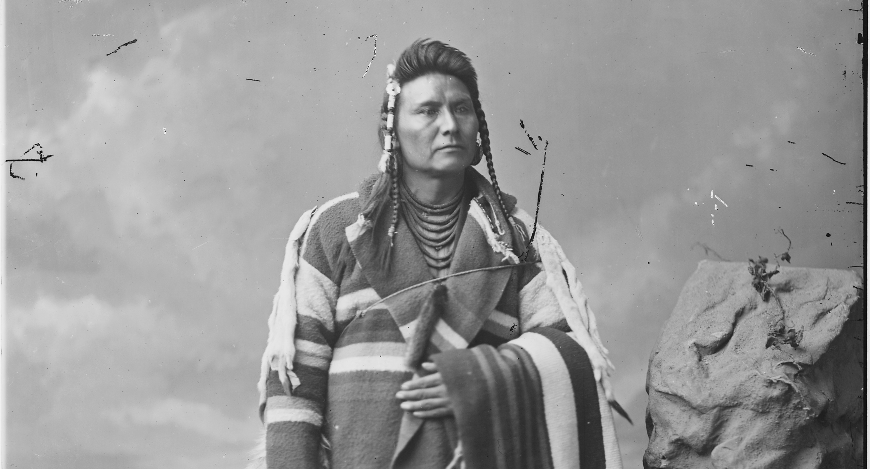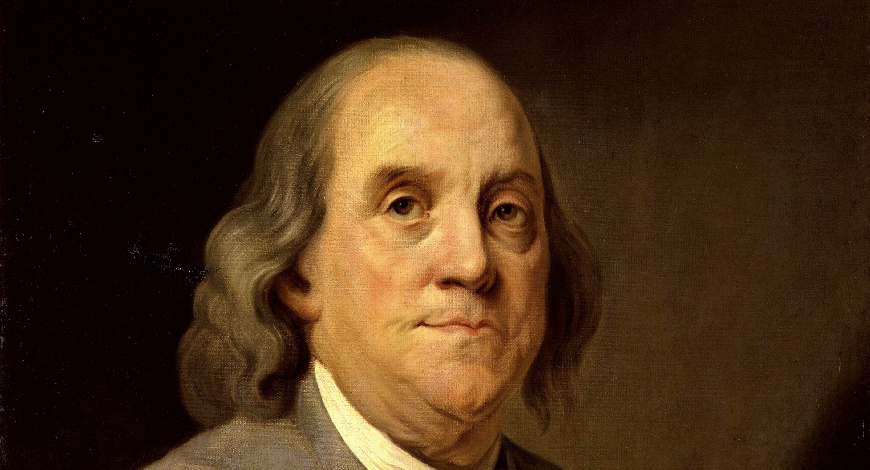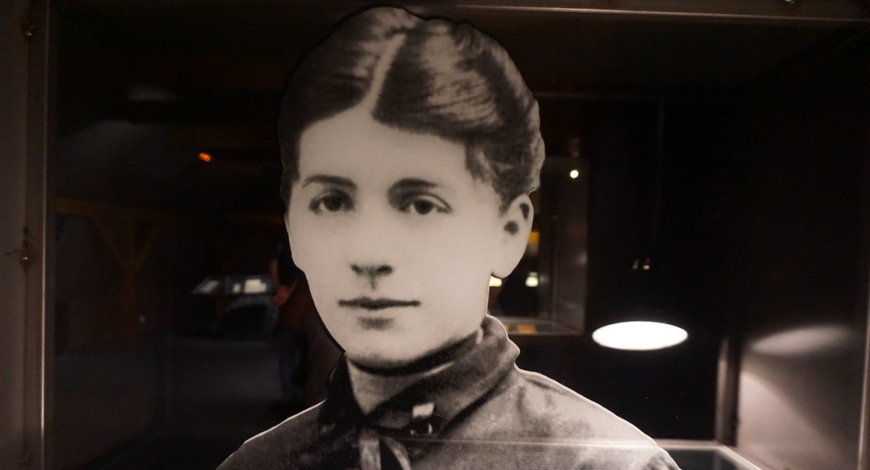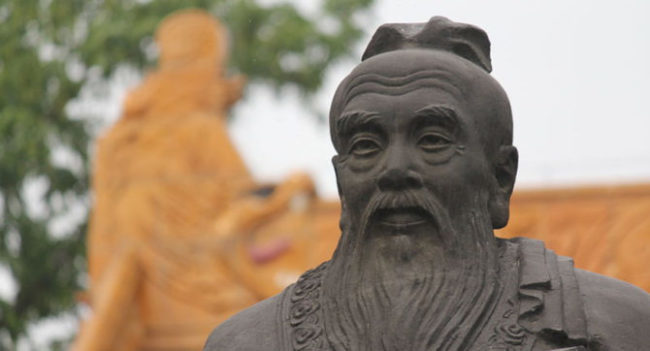All students have strong opinions about friends. They are in the process of making friendships and ending them. Students have different perspectives on how many friends they should have. Some believe that friends should come in large numbers. Others believe the word ‘friend’ should be reserved for the very few. Forming healthy friendships is an important part of human development which requires thoughtful reflection and ethical decision-making.
Before reading the poem “When I Heard the Learn’d Astronomer” by Walt Whitman, I would use Chief Joseph’s conversation about communication to discuss the concept of truth and the idea that simplicity and silence often lead to deeper understanding in …
Sacrifice requires that we do things today that don’t have immediate benefits for ourselves; but help others instead. Students have generous hearts but, for the most part, are focused on their own successes and sometimes resist the moral obligation to sacrifice for others.
When students interact with others, they have lots of moral decisions to make. It’s hard for them to decide exactly how to treat other people, especially strangers, since many times they don’t have much information to go on and so they must rely on their intuitive judgements and best guesses. How they decide to act reflects deeply upon their characters.
We experience life with other people. This is true in our families, schools and workplaces. We are taught the importance of being individuals and being responsible for our own actions, yet many of our life experiences involve others and our successes and failures are determined by how well we are able to work with other people.
Building healthy human relationships requires really good communication skills. To master the skill of communication students must figure out not only what to say but also how long they should talk. Speaking too much raises suspicion in many settings whereas speaking too little leaves the listener confused and needing more. Finding the right balance here holds the key to forging short and long-term relationships based on trust.
Students are told to follow the path of empathy and forgive those who do them wrong. This mandate is relatively easy to follow when their friends slip up and do something bad to them. Forgiveness in these cases often results in stronger friendships. But they are hurt by their enemies as well and must decide whether or not forgiveness is really worth it with them. This is a vexing ethical dilemma for which there are no easy answers.
The Coronavirus outbreak of 2020 has driven society into isolation. Schools are closed. Businesses are shut down. Our social lives have stopped functioning. And we’re at home with much more alone time. Isolation can breed some sadness and despair but also offers a chance for us to reflect and evaluate our lives in a positive and meaningful way.
When students interact with others, they have lots of moral decisions to make. It’s hard for them to decide exactly how to treat other people, especially strangers, since many times they don’t have much information to go on and so they must rely on their intuitive judgements and best guesses. How they decide to act reflects deeply upon their characters.
Students have very strong opinions about when to talk and when to remain silent. Sometimes, students speak out of nervousness. Other times, students speak because they have something they have to say to the world. Then there are other students who are shy and never want to talk, or who remain silent because they are afraid to look foolish.





